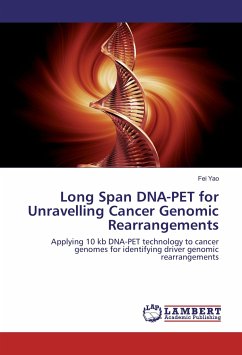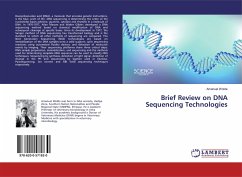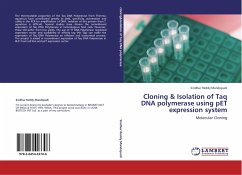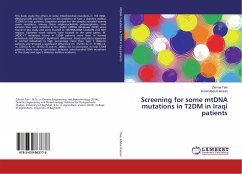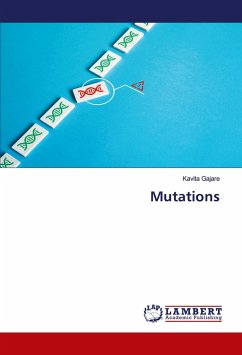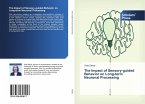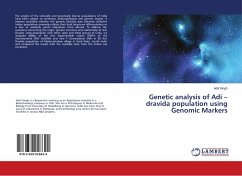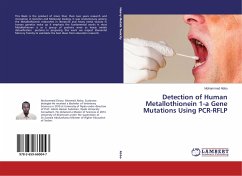All cancers are the result of changes occurred in the DNA sequence of the genomes of cancer cells. We have learned much about these mutations and the abnormal genes that operate in human cancers in the last several decades. Now, we are moving to the new era in which the complete DNA sequence of cancer genomes can be achieved with the help of the next generation sequencing technologies. In this study, by comparing the large insert libraries (10-20 kb) with short insert (1 kb) libraries, we show that large inserts are superior to short inserts in providing higher physical genome coverage and therefore achieve greater sensitivity for the identification of the different types of SVs, including copy number neutral and complex events. Applying the 10 kb DNA-PET technology to 15 cancer genomes, including both primary tumors and cancer cell lines, we show some important genomic characteristics in breast and gastric cancer genomes. With its versatile and powerful nature, the long span DNA-PET sequencing technology has a bright future ahead in studying the structures of numerous normal and cancer genomes.
